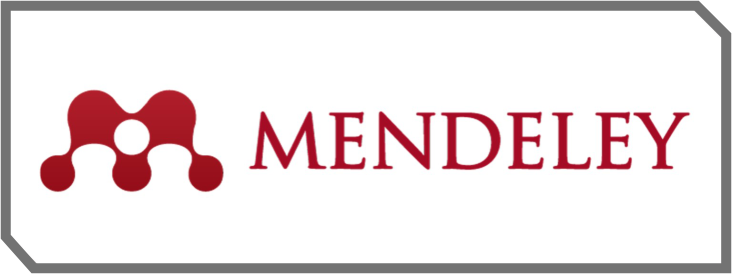Hakekat Pembelajaran Rasulullah, Ulama Klasik Dan Ulama Modern
DOI:
https://doi.org/10.53958/ft.v4i4.380Keywords:
The Essence of the Prophet's Learning, Classical Ulama, Modern UlamaAbstract
Learning can be viewed as a system with various components, including objectives, learning media, class organization, evaluation, and follow-up. Learning can also be seen as a process that involves preparation, implementation, and follow-up of learning. The learning approach during the time of the Prophet and classical ulama involved religious, aqliyah and ilmiyah, morals and physical education. Education during the time of the Prophet focused on strengthening the belief in monotheism and equality as well as teaching reading and writing. Classical scholars also developed the study of Arabic, tajwid, qiraat, and tafsir. In the modern era, learning innovation and the use of technology, especially smartphones, have become important in maximizing education. Technology-based learning, such as e-learning, can increase students' interest and motivation to learn. Reading is also key in the early stages of learning to understand and increase students' understanding and self-confidence. Apart from that, education in the era of globalization and industrial revolution 4.0 faces complex challenges. The concept of "Free Learning Education" is an effort to create human resources who are able to face global changes and challenges with the ability to innovate and openness. Education needs to be designed to address the complex challenges of the future.
References
Amsal Bakhtiar. 2012. Filsafat Ilmu. Jakarta: Raja Grafindo Persada.
Asrohah, Hanun. 1999. Sejarah Pendidikan Islam. Jakarta: Logos.
Faisol. 2011. Gus Dur dan Pendidikan Islam: Upaya Mengembalikan Esensi Pendidikan di Era Global. Jogjakarta: Ar-Ruzz Media.
H.M. Arifin. 1993. Filsafat Pendidikan Islam. Jakarta:Bumi Aksara, Cet.III.
Komalasari, K. 2010. Pembelajaran Kontekstual. Bandung: Refika Aditama.
Mestika Zed. 2008. Metode Penelitian Kepustakaan. Jakarta: Yayasan Obor Indonesia.
Mufarrokah, A. 2009. Strategi Belajar Mengajar. Yogyakarta: Teras.
Nurgiantoro, Burhan. 1988. Dasar-dasar Pengembangan Kurikulum Sekolah: Sebuah Pengantar Teoritis dan Pelaksanaan. Yogyakarta: BPFE.
Omar Muhammad Al-Touny al-Syaebany. 1979. Falsafah Pendidikan Islam, Terj. Hasan Langulung. Jakarta: Bulan Bintang.
Sembodo Ardi Widodo. 2003. Kajian Filosofis Pendidikan Barat dan Islam. Jakarta: Nimas Multima, Cet.I.
Stanton, Charles Michael. 1994. “Higher learning in islam: the classical period, A.D 700-1.300”, diterjemahkan oleh Affandi dan Hasan Asari, Pendidikan Tinggi dalam Islam: Sejarah dan Peranannya dalam Kemajuan dan Ilmu Pengetahuan. cet. ke-1. Jakarta: Logos.
Subroto, S. 1997. Proses Belajar Mengajar di Sekolah. Jakarta: Rineka Cipta.
Suharsimi Arikunto. 2002. Prosedur Penelitian: Suatu Pendekatan Praktik, edisi 5. Jakarta: Rineka Cipta.
Tibawi, A.L. 1972. Islamic Education. London: Luzac and Co.
Tim Dosen FIP IKIP Malang. 1981. Kapita Selekta-Pengantar Dasar-dasar Kepribadian (IKIP Malang.)
Tim Penyusun Kamus Pusat Pembinaan dan Pengembangan Bahasa Depdikbud. 1994. Kamus Besar Bahasa Indonesia. Jakarta: Balai Pustaka.
Zuhairini et.al. 2004. Sejarah Pendidikan Islam. Jakarta: Bumi Aksara.
















